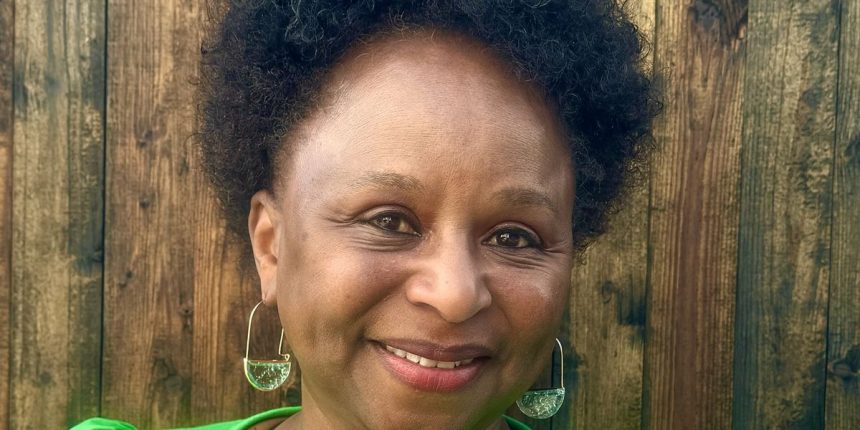Here is the revised content with improved phrasing:
As far as I knew, I wasn’t experiencing menopause, but rather “the change.” Growing up, discussions about menopause were shrouded in vague terms in my household, community, and society. Conversations about menopause, bleeding, and uterine health were whispered about, if talked about at all. This lack of clear and open dialogue left me unaware of what to expect during menopause and when to discuss any symptoms with my doctor.
Despite thinking I was well-versed in women’s health, my experience as a group fitness instructor and commitment to annual check-ups did not prepare me for recognizing important symptoms of endometrial cancer. I dismissed occasional spotting and bleeding as a normal part of menopause. It wasn’t until I mentioned these symptoms to my doctor that I was referred for an ultrasound.
After a series of tests and a biopsy, I was diagnosed with stage 1B grade 3 endometrial cancer. The overwhelming nature of the diagnosis led me to seek multiple opinions from different specialists. It was Dr. Kemi Doll who stood out for her compassionate and comprehensive approach to explaining treatment options in plain language, ensuring I understood every aspect of my care.
Throughout my treatment journey, Dr. Doll’s dedication to women’s health inspired me to join her in creating ECANA, a support network focused on raising awareness and providing resources for Black women with endometrial cancer. Today, I am in remission and use my voice to encourage open discussions about uterine health within my family and community, to break the taboo and empower women to advocate for their own health.
This educational initiative is made possible with support from Merck. If you have a Real Women, Real Stories experience you’d like to share, reach out to us. Our stories reflect real-life experiences and perspectives, aiming to amplify women’s voices and advocate for healthcare empowerment.






